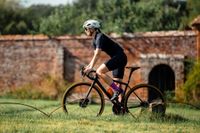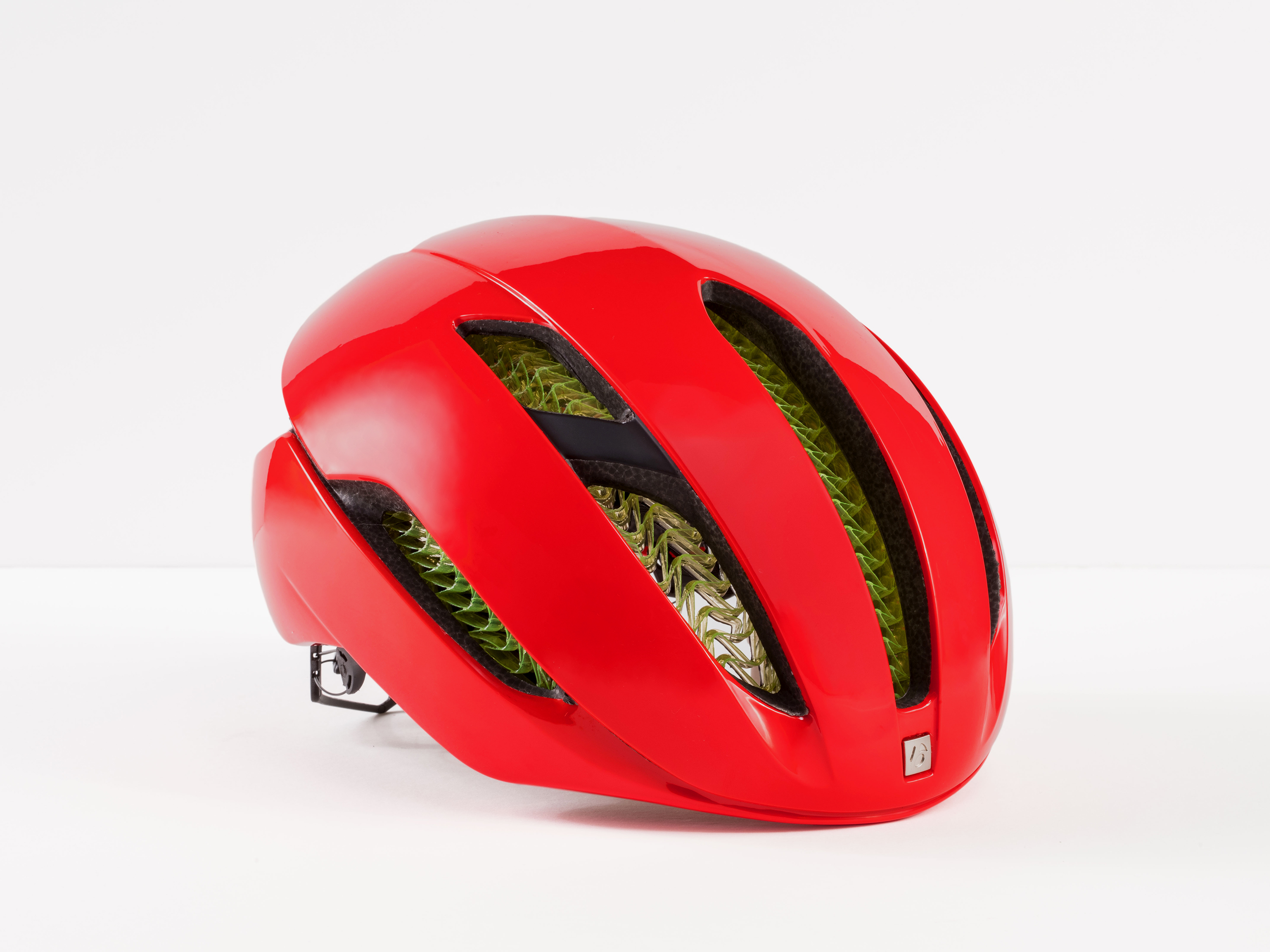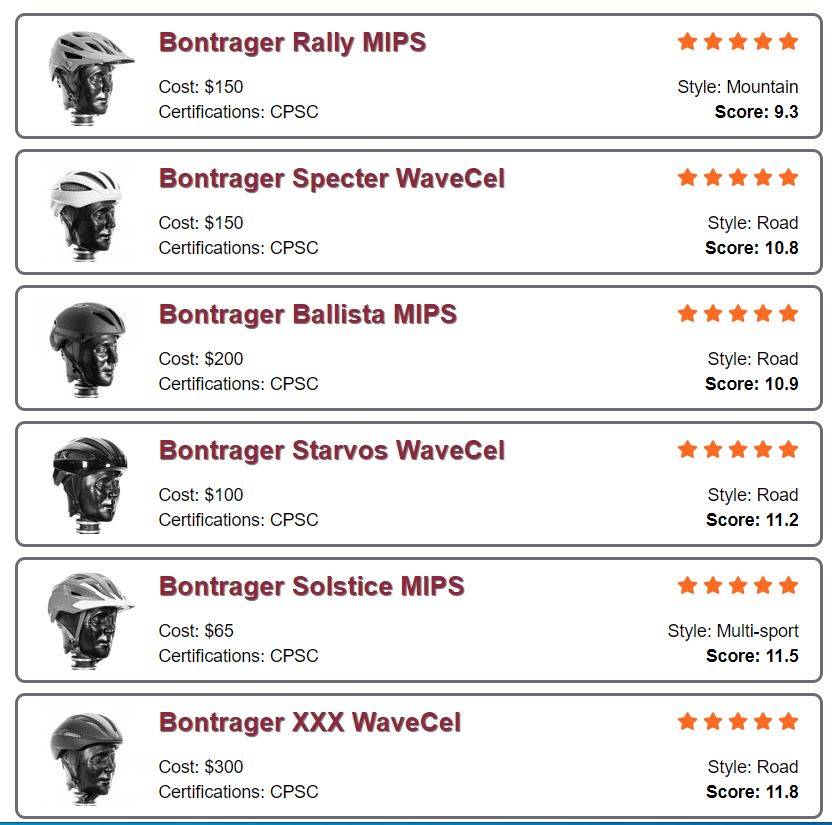Lawsuit against Trek for WaveCel helmet claims
Trek Bicycle Corporation's concussion claims allegedly "misleading"


The latest race content, interviews, features, reviews and expert buying guides, direct to your inbox!
You are now subscribed
Your newsletter sign-up was successful
Trek Bicycle Corp. has been hit with proposed legal action over allegedly "misleading consumers into believing its Bontrager WaveCel helmets protect against concussions more than the average helmet."
According to legal publication Law360, cited by CyclingTips, the lawsuit alleges that the brand "conducted unreliable research for marketing purposes."
It has been reported by BicycleRetailer.com that a New York man, Andrew Glancey of Staatsburg, is the lead plaintiff in a class action suit filed on January 8, and that Trek is being sued for $5million.
Bontrager, owned by Trek, released helmets featuring its licensed WaveCel tech early in 2019, claiming that it was "48 times more effective than standard EPS foam at preventing concussions resulting from common cycling accidents."
Later, MIPS, the company responsible for the Multi-Directional Impact Protection System featured in many cycling helmets, questioned the claims.
In a statement in March 2019, MIPS said: “MIPS subjected the new WaveCel helmet technology to their battery of tests, with results far below WaveCel’s substantial claims of injury prevention.”
Speaking to a New York federal judge, Glancey said that Trek "falsely stated its WaveCel helmets are 'up to 48x more effective than traditional foam helmets' in preventing concussion incidents when it has not performed adequate studies to back up this claim."
The latest race content, interviews, features, reviews and expert buying guides, direct to your inbox!
The suit states that Trek made "deceptive representations regarding the product", and that the study which the company relied on had "one or more authors" with a "direct financial interest" in the WaveCel technology, which is licensed exclusively by Trek. The lawsuit alleges that Trek did not disclose "these significant potential conflicts of interest."
Glancey also alleges that the study did not use the actual helmets sold, instead using different helmets that were "modified to include the WaveCel component."
The lawsuit also alleges that the benefit the product delivers is not "equivalent to the price premium added" to the helmets, with a proposed class representative stating that they would not have paid the premium if Trek "had not made false statements regarding the product."
Cycling Weekly contacted Trek for a comment on the lawsuit, the brand said: “Trek believes in and stands behind our Bontrager Wavecel helmets. This lawsuit is without merit and we will vigorously defend against it. The plaintiff has not made an allegation of physical injury. Trek will continue to responsibly promote and improve this innovation in helmet technology.”
On multiple occasions representatives, including MIPS, have called for better standardisation of helmet testing. MIPS said in March 2019: “There is still a lack of an industry-wide standard from third party testing organizations to ensure accurate information for consumers.”
Virginia Tech - which carries out impact tests in collaboration with the Insurance Institute for Highway Safety - awarded helmets with WaveCel tech five stars, but it also awarded Bontrager helmets without the technology five stars.

Concussion - a topic Cycling Weekly explored in an in-depth feature - also does not have a "standardized definition," Glacey said, adding: "Most studies showed that helmet use did not result in a statistically significant reduction in concussion incidence and symptoms."
Law360 states that Glancey is represented by Spencer Sheehan of Sheehan & Associates PC, counsel information for Trek is not immediately available.
Michelle Arthurs-Brennan the Editor of Cycling Weekly website. An NCTJ qualified traditional journalist by trade, Michelle began her career working for local newspapers. She's worked within the cycling industry since 2012, and joined the Cycling Weekly team in 2017, having previously been Editor at Total Women's Cycling. Prior to welcoming her first daughter in 2022, Michelle raced on the road, track, and in time trials, and still rides as much as she can - albeit a fair proportion indoors, for now.
Michelle is on maternity leave from April 2025 until spring 2026.
